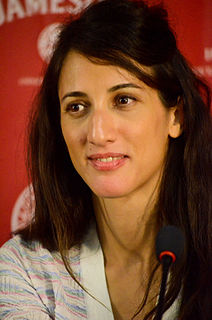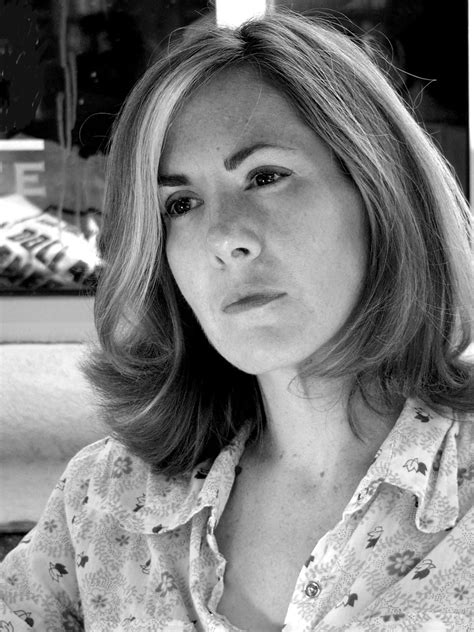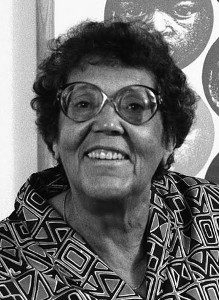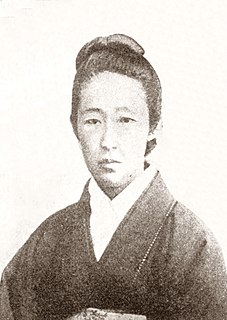A Quote by Erica Jong
Women are the only exploited group in history to have been idealized into powerlessness.
Related Quotes
There's a thing that creeps into this conversation ... that if you complain about the depiction of women [in comics], it becomes, 'Well, but ladies - the dudes are idealized too.' And the thing is that the dudes are idealized for strength and the women are idealized for sexual availability. It's very, very different. The women's costumes are cut in such a way that I could give a cervical exam to 90% of our heroines. And I don't have a medical degree! So if I can find it, that's impressive.
Up to now, men and women have not been living in relationship - because woman has never been thought equal. And relationship exists only between equal people; it cannot happen between unequal people. Unless woman is given total freedom, absolute equality, there will be no possibility to relate. Up to now, man has exploited woman, woman has exploited man; there has not been real relationship.
Women's tennis has been around for a very long time - we're talking about the 1800s. But women's soccer hasn't had such a long history, so now they're right at the beginning of really trying to make things equal. We need to continue not only to advocate for women but to have men advocating for women.
As I looked more carefully at the listening matrix I saw that during the past twenty years we had taken a magnifying glass to the first of these four quadrants, the female experience of powerlessness. I saw I was subconsciously making a false assumption: The more deeply I understood women's experience of powerlessness, the more I assumed men had the power women did not have. In fact, what I was understanding was the female experience of male power.
If you go off into general-interest magazines, often women are being shoved aside into various ghettos that perpetuate the problem. Women's interests are specialized, they're secondary; they're somewhere over to the side of the serious work that's being done. Throughout history, there have been ladies' magazines, ladies' journals, and for years there have been women writers who would refuse to participate in women-only sort projects because of that stigma.
A materialist feminist approach to women's oppression destroys the idea that women are a 'natural group' . . . What the analysis accomplishes on the level of ideas, practice makes actual at the level of facts: by its very existence, lesbian society destroys the artificial (social) fact constituting women as a 'natural group.' A lesbian society pragmatically reveals that the division from men of which women have been the object is a political one . . .
It would be hard to find a single example in history in which a group that cast more than 50 percent of the vote got away with calling itself the victim... Women are the only 'oppressed' group to share the same parents as the 'oppressor'; to be born into the middle class and upper class as frequently as the 'oppressor'; to own more of the culture's luxury items than the 'oppressor'.





































